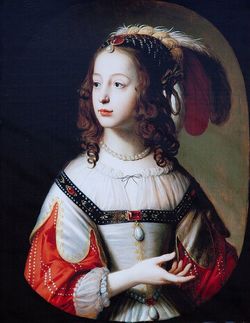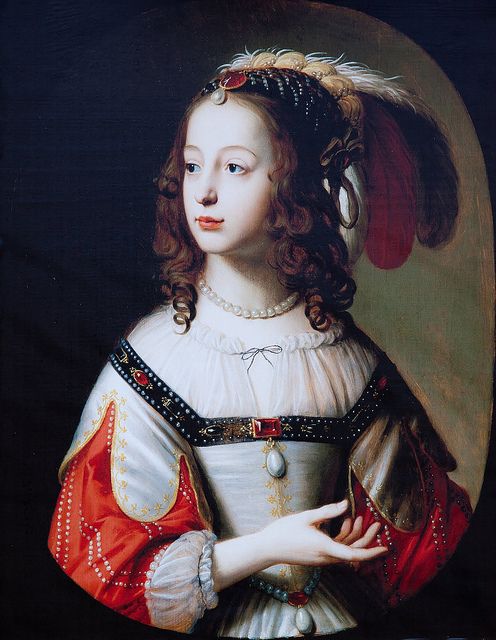Bio by: Lutetia
Family Members
-
![]()
Henry Frederick of the Palatinate
1614–1629
-
![]()
Karl I Ludwig von der Pfalz
1618–1680
-
![]()
Rupert Von Der Pfalz
1619–1682
-
![]()
Elisabeth von der Pfalz
1619–1680
-
![]()
Prince Maurice Of The Palatinate
1620–1652
-
![]()
Louise Hollandine Marie von der Pfalz
1622–1709
-
![]()
Eduard von der Pfalz
1625–1663
-
![]()
Johann Philipp Friedrich von der Pfalz
1627–1650
Advertisement
See more of Hanover memorials in:
Explore more
Sponsored by Ancestry
Advertisement


















